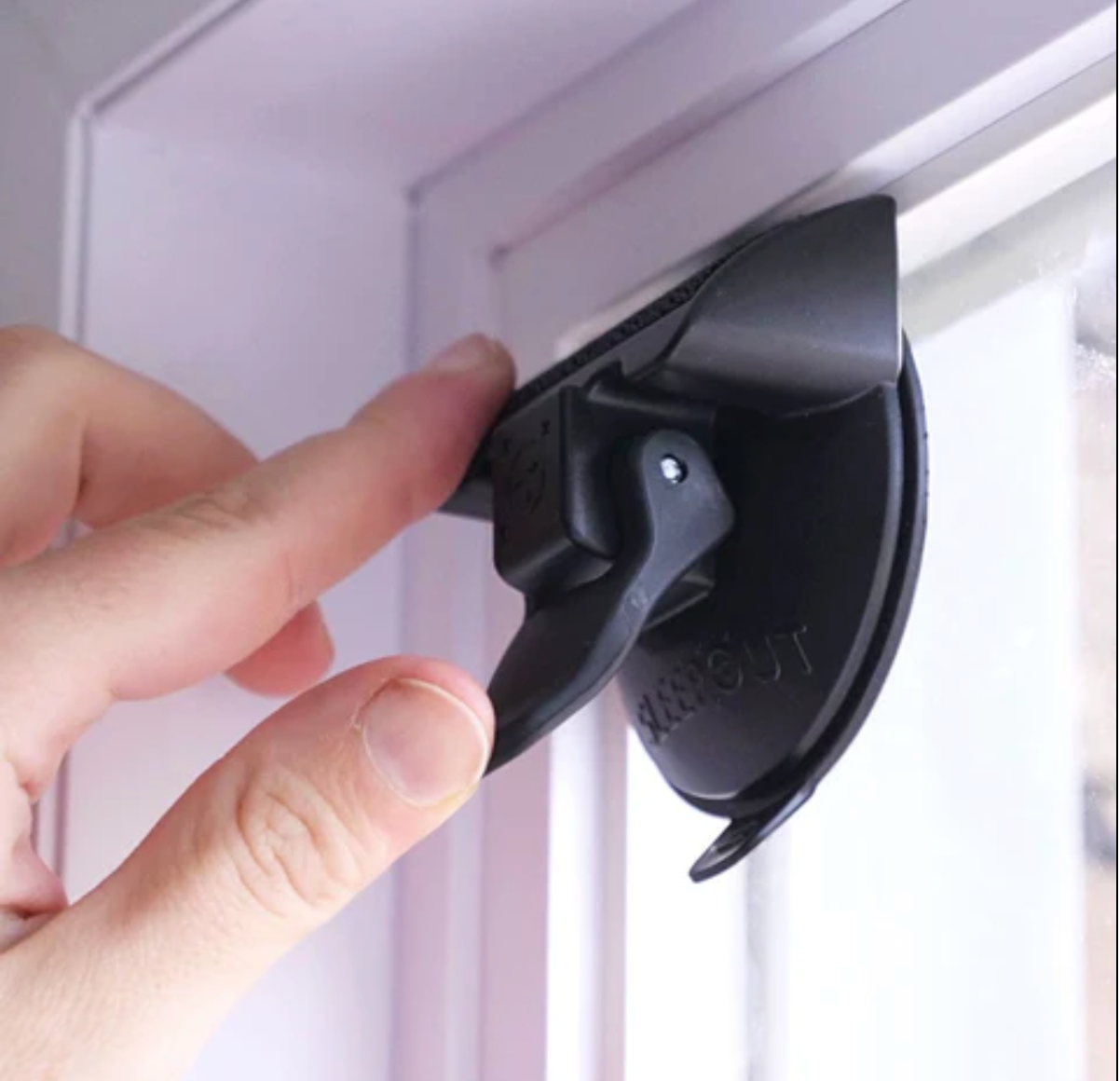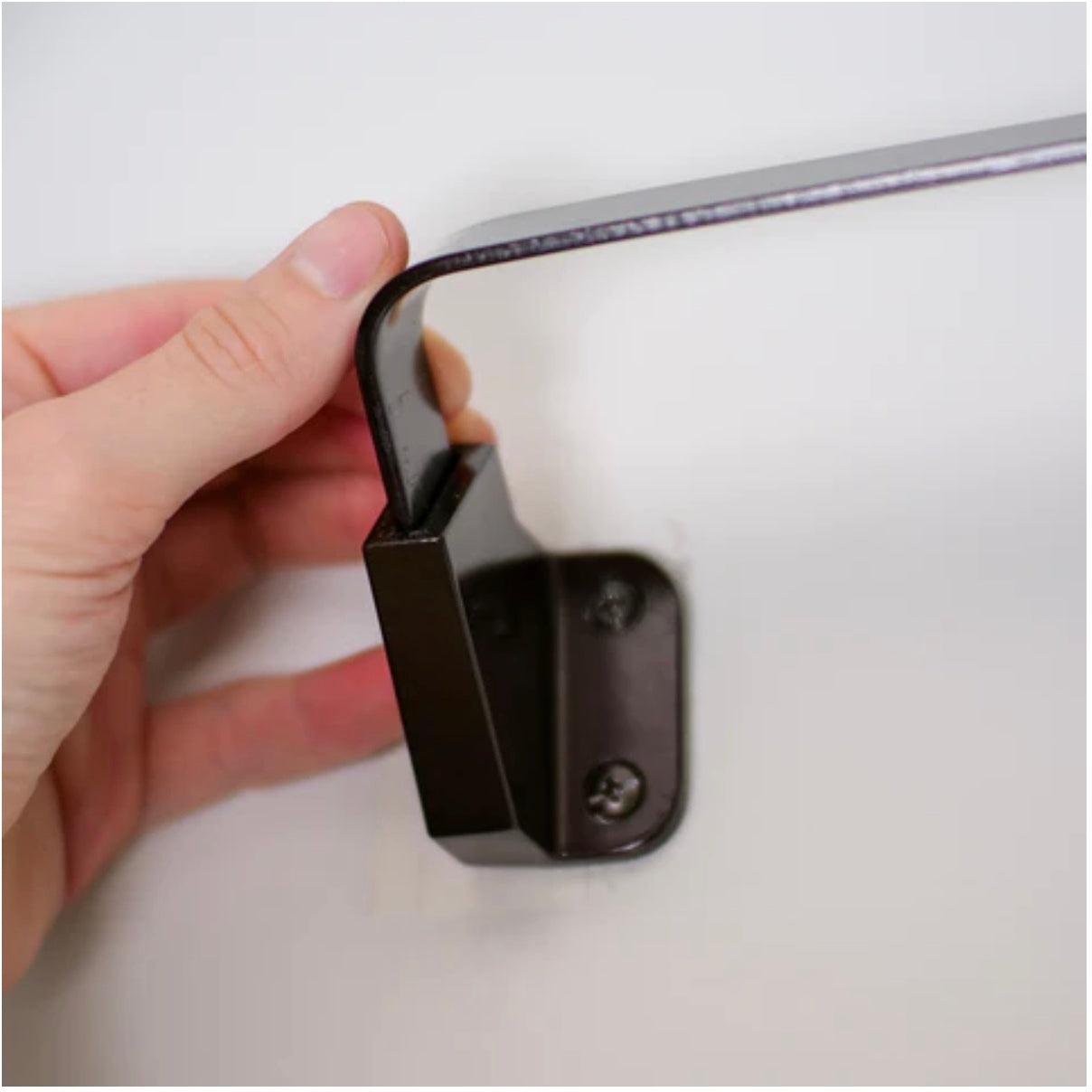As a new parent, one of the most exhausting challenges you may face is having a baby who only sleeps when held. The constant need to hold your baby for sleep can leave you feeling drained and overwhelmed. In this article, we will explore the reasons behind this behavior, as well as provide strategies to help your baby sleep independently. We will also discuss coping strategies for tired parents and when it may be necessary to seek professional help.
Understanding Why Your Baby Only Sleeps When Held
The Science Behind Infant Sleep Patterns
Understanding the science behind infant sleep patterns can shed light on why your baby prefers to sleep when held. Babies have smaller stomachs and need to feed more frequently, which can lead to sleep disruptions. Additionally, newborns have immature sleep cycles, with a shorter duration of deep sleep compared to adults. This can make it more difficult for them to transition between sleep cycles without the comfort of being held.
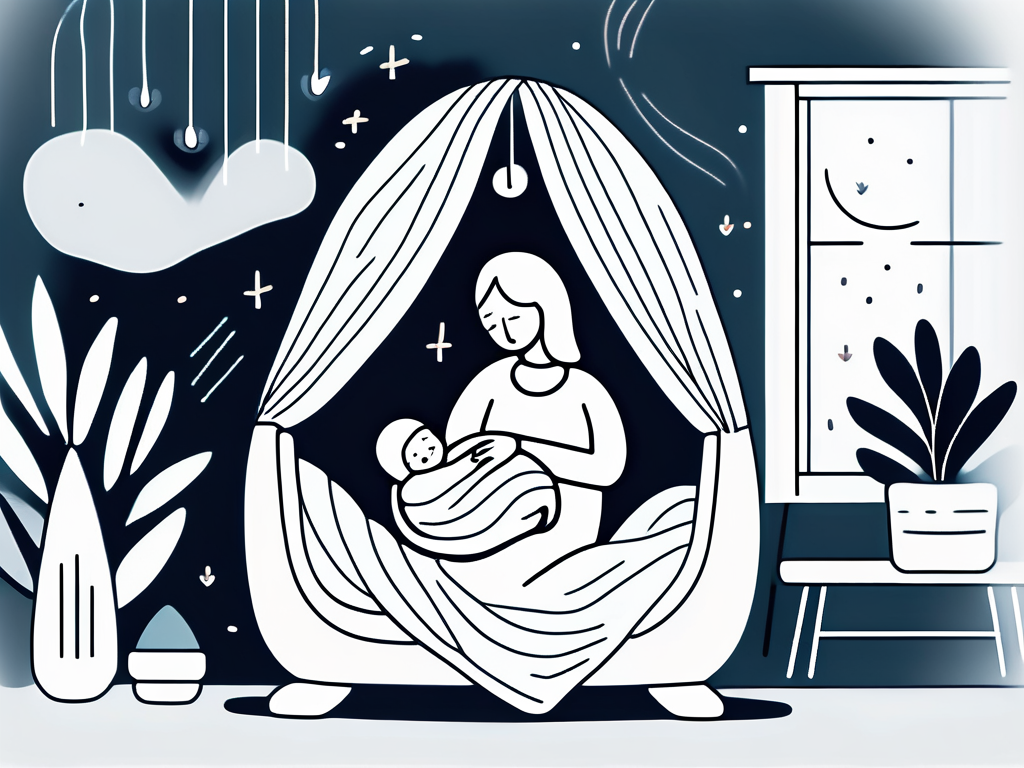
Emotional Comfort and Security for Babies
Babies crave the warmth and security of being held by their parents. The feeling of closeness and reassurance that comes from being held can help them feel safe and calm, making it easier for them to fall asleep. Being held also allows babies to regulate their body temperature and hear the familiar sound of their parents' heartbeat, further enhancing their sense of security.
Moreover, the act of being held promotes bonding between parents and their infants. Skin-to-skin contact releases oxytocin, often referred to as the "love hormone," which strengthens the emotional connection between parent and child. This bond is crucial for a baby's emotional development and overall well-being. When a baby is held close, they can pick up on their parent's scent, voice, and touch, all of which provide a sense of familiarity and comfort.
The Role of Sleep Associations
Another factor contributing to why your baby only sleeps when held is the development of sleep associations. Babies can form associations between falling asleep and specific conditions, such as being held or rocked. When these conditions are not present, they may struggle to settle down and fall asleep independently. Understanding these associations can help parents establish healthy sleep habits for their babies and encourage independent sleep in the long run.
Strategies to Help Your Baby Sleep Independently
Establishing a Consistent Sleep Routine
A consistent sleep routine is essential for helping your baby learn to sleep independently. Establish regular nap and bedtime routines, including soothing activities such as a warm bath or gentle massage. Consistency will signal to your baby that it's time to wind down and prepare for sleep, making the transition easier for them.
Additionally, incorporating white noise into your baby's sleep routine can be beneficial. White noise, such as the sound of a fan or a white noise machine, can help drown out background noise and create a consistent sleep environment. This constant sound can also be comforting for babies, as it mimics the sounds they heard in the womb.
The Role of Swaddling in Infant Sleep
Swaddling can provide a sense of security and mimic the feeling of being held for babies. Wrap your baby snugly in a thin blanket, ensuring that their hips and legs have room to move. This can prevent the startle reflex and create a cozy environment that promotes better sleep. However, it's essential to follow safe swaddling practices to reduce the risk of Sudden Infant Death Syndrome (SIDS).
Another technique that can help babies sleep better is using a pacifier. Offering a pacifier at naptime and bedtime can provide comfort and soothe your baby to sleep. It can also help reduce the risk of SIDS, making it a safe sleep practice when used correctly.
The Importance of a Comfortable Sleep Environment
Creating a comfortable sleep environment is crucial for encouraging independent sleep. Ensure that the room is dark, quiet, and at a comfortable temperature. Use a firm mattress and avoid placing pillows, loose bedding, or soft toys in the crib. Providing a calm and soothing atmosphere will help your baby feel more at ease and promote better sleep.
In addition to these factors, consider using a sleep sack or wearable blanket instead of traditional loose blankets. This can help keep your baby warm and safe throughout the night without the risk of suffocation. The secure design of a sleep sack also prevents your baby from kicking off the covers, ensuring they stay cozy and comfortable while they sleep.
Transitioning Your Baby to Their Own Sleep Space
Transitioning your baby to their own sleep space is an important milestone in their development. It not only helps promote better sleep habits but also encourages independence and self-soothing skills. As a parent, finding the right method for sleep training can make this transition smoother for both you and your baby.
Gradual Retreat Method for Sleep Training
The gradual retreat method is a gentle approach to help your baby learn to sleep in their own space while feeling secure and comforted. By gradually reducing your presence as they fall asleep, you are teaching them to feel safe and content on their own. This method involves starting by holding your baby until they are drowsy and then placing them in their crib while still offering reassurance through gentle touch or soothing words. Over time, you can slowly increase the distance between you and your baby, allowing them to feel more confident and relaxed sleeping independently.
The 'Pick Up, Put Down' Technique
The 'pick up, put down' technique is another effective method for helping your baby transition to their own sleep space. This approach involves responding to your baby's cries or fussiness by picking them up for comfort and then putting them back down to sleep. By doing this, you are teaching your baby to self-soothe while still providing the comfort and security they need. It's important to gradually increase the time between picking up and putting down, allowing your baby to learn how to fall asleep on their own and feel more confident in their ability to do so.
Coping Strategies for Tired Parents
Sharing Nighttime Duties: A Team Approach
Being a tired parent is challenging, but you don't have to manage it alone. Share nighttime duties with your partner or seek help from a trusted family member. Establishing a system where both parents take turns can provide much-needed rest and support for each other during this exhausting phase.
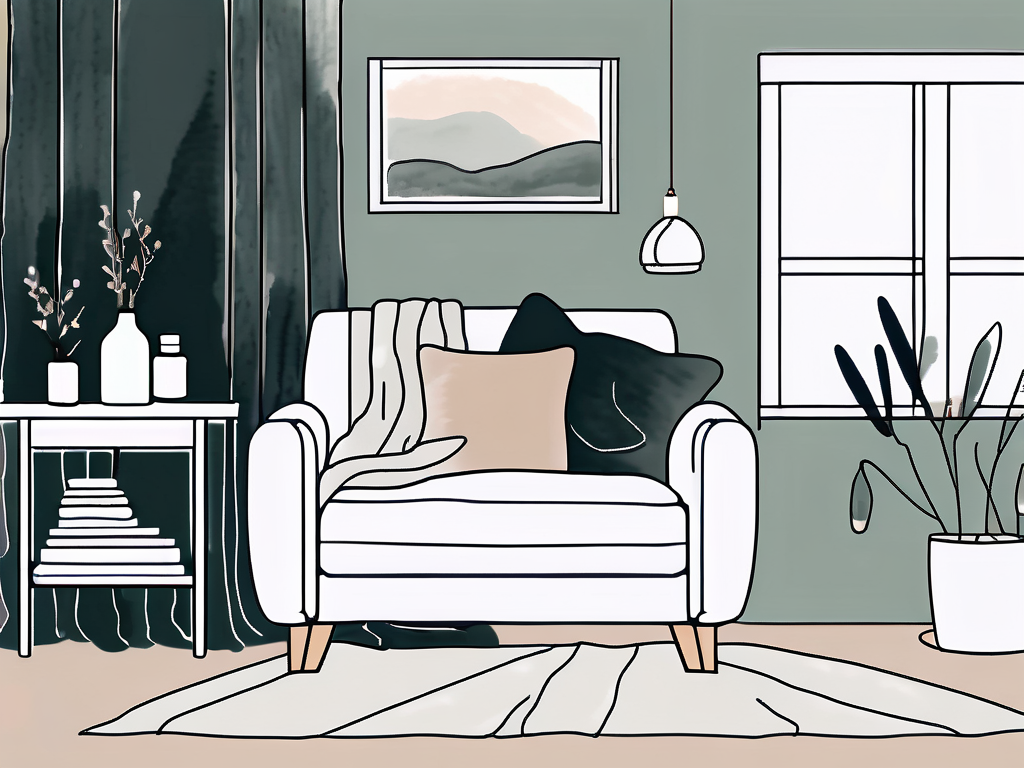
Moreover, communication is key when dividing nighttime duties. Sit down with your partner to discuss each other's strengths and weaknesses when it comes to handling the baby at night. By understanding each other's preferences and capabilities, you can create a more efficient and supportive nighttime routine that benefits both parents and the baby.
The Importance of Self-Care for Parents
When you have a baby who only sleeps when held, it's easy to overlook your own needs. However, taking care of yourself is essential. Prioritize self-care activities such as getting enough rest, eating nutritious meals, and engaging in activities that bring you joy and relaxation. Remember, you can better care for your baby when you are well-rested and emotionally nourished.
In addition to physical self-care, mental and emotional well-being are equally important for parents. Consider incorporating mindfulness practices or seeking support from a therapist or counselor to help navigate the challenges of parenthood. By addressing your own mental health needs, you can cultivate a more positive and resilient mindset to face the demands of caring for a newborn.
When to Seek Professional Help
Recognizing Signs of Serious Sleep Issues
While it is normal for babies to have sleep challenges, there are cases where seeking professional help is necessary. If your baby consistently struggles to sleep, exhibits signs of extreme distress or discomfort, or if your exhaustion reaches a level that affects your daily functioning, consider consulting with a pediatric sleep specialist.
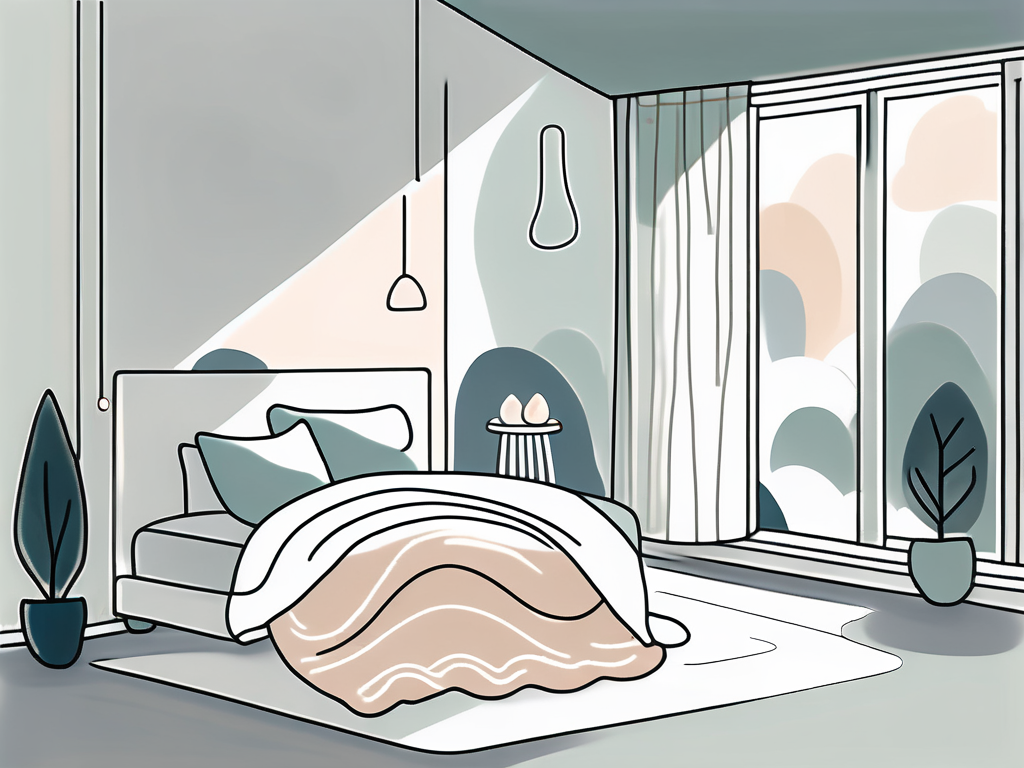
Consulting with a Pediatric Sleep Specialist
A pediatric sleep specialist can assess your baby's sleep patterns and provide expert guidance tailored to your situation. They may recommend specific techniques or interventions to help your baby learn to sleep independently. Remember, seeking professional help is not a sign of failure as a parent but a proactive step towards improving the sleep quality and overall well-being of your family.
It's important to note that every baby is unique, and what works for one may not work for another. A pediatric sleep specialist can offer personalized strategies that take into account your baby's temperament, age, and any underlying medical conditions that may be affecting their sleep. By working closely with a specialist, you can develop a customized plan to address your baby's specific needs and create a nurturing sleep environment.
Furthermore, establishing a consistent bedtime routine can significantly impact your baby's ability to fall asleep independently. This routine can include soothing activities such as a warm bath, gentle massage, or reading a bedtime story. By creating a calming atmosphere before bedtime, you can help signal to your baby that it's time to wind down and prepare for sleep. Remember, consistency is key when it comes to establishing healthy sleep habits for your little one.


